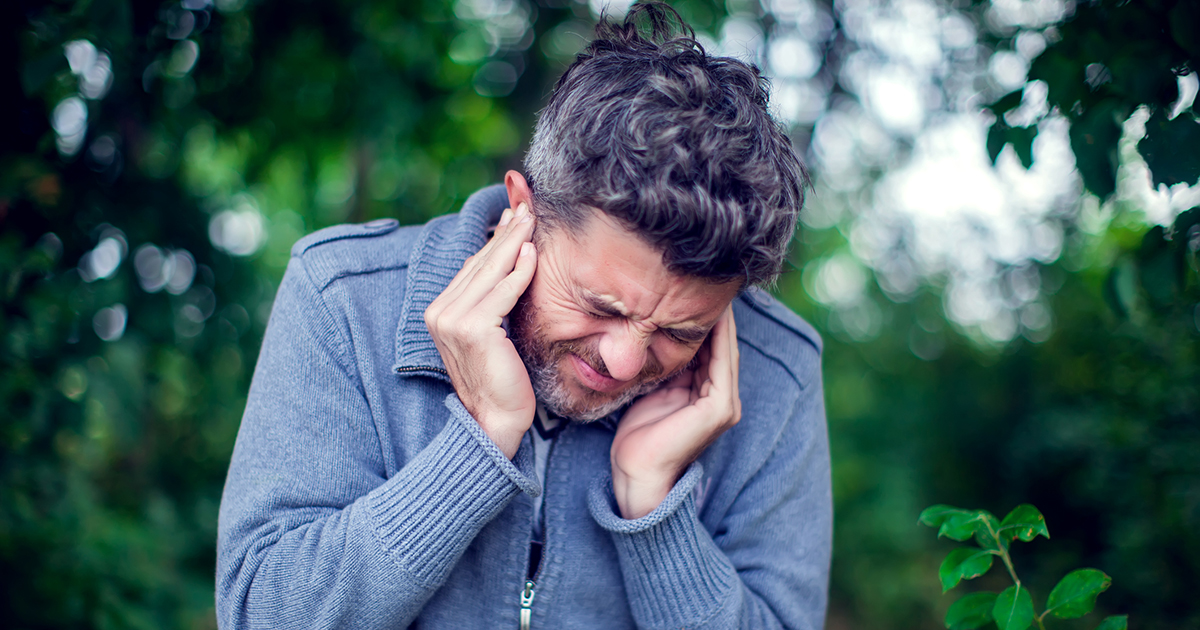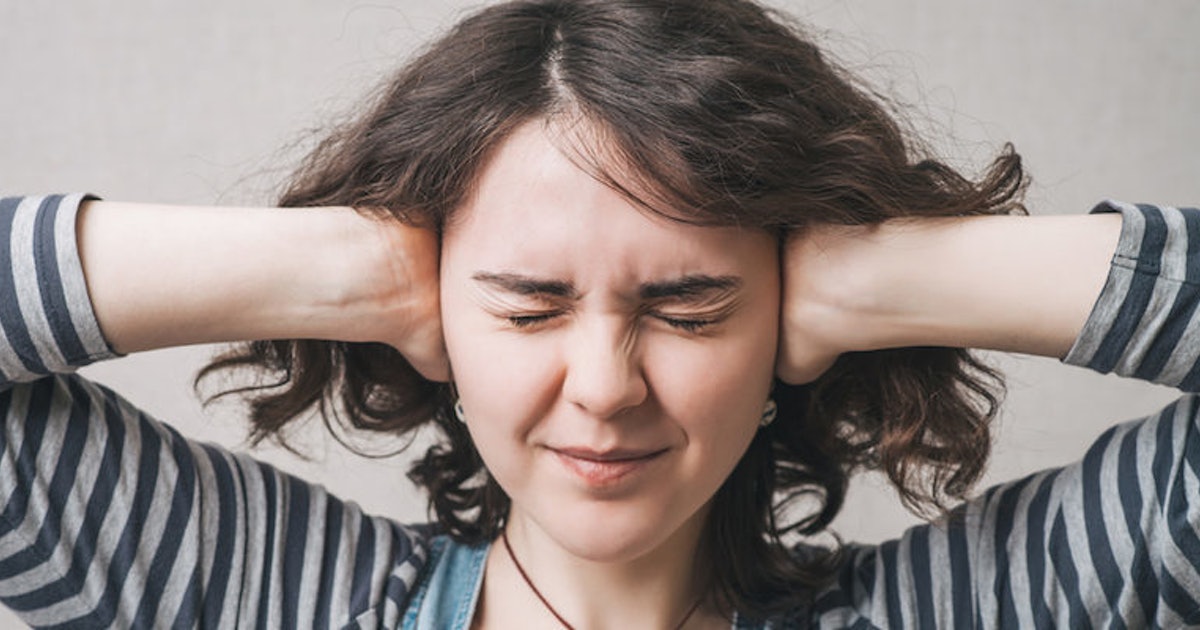Warning Signs Of Post-Concussion Syndrome
Post-concussion syndrome occurs when an individual has symptoms for a significant period, such as weeks or months, after a concussion-causing injury. A concussion is the mildest form of traumatic brain injury. It might also occur when an individual shakes their head violently. There doesn't appear to be a correlation between the injury's severity and the risk of post-concussion syndrome. This means individuals can still get post-concussion syndrome even if they didn't lose consciousness due to the injury. The symptoms tend to start seven to ten days after the injury, and they subside within three months. There are rare cases where symptoms persist for more than a year.
Get the details on the major symptoms of post-concussion syndrome now.
Tinnitus

Tinnitus, the medical term for ringing in the ears, is exceedingly common. It's estimated fifteen to twenty percent of the population experiences tinnitus. Though the phenomenon isn't a condition itself, it's a symptom of many different conditions, including concussions and post-concussion syndrome. There are some treatments for tinnitus specifically, while others focus on diagnosing and managing an underlying condition. The symptoms include humming, clicking, hissing, roaring, ringing, or buzzing in the ears. Patients might hear pitches that range from a high squeal to a low roar. Of the two types of tinnitus, the one most commonly associated with post-concussion syndrome is subjective tinnitus. This form of tinnitus is only heard by the patient. It can be caused by a problem with the auditory nerves or auditory pathways in the brain. With objective tinnitus, the doctor can also hear the tinnitus when an examination is done. This is a rare kind of tinnitus sometimes caused by problems in the blood vessels.
Learn more about the warning signs of post-concussion syndrome now.
Sensitivity To Light And Noise

Another common symptom is sensitivity to light and noise. Painful light sensitivity, otherwise known as photophobia, may present in up to forty-three percent of patients after a traumatic brain injury. If individuals have other risk factors, their rate of photophobia might be higher. Individuals at risk include patients who participate in high-contact sports, activities, and professions. The risk may also increase for those who have had multiple head injuries. The most notable statistic is that between sixty and seventy-five percent of soldiers who had blast-related concussions report light sensitivity. This indicates veterans have one of the highest risks of light sensitivity after a concussion. Noise sensitivity is common following a concussion, but it's unusual for the sensitivity to last for a prolonged period. Sensitivity to noise is often paired with tinnitus.
Continue to reveal more post-concussion syndrome symptoms now.
